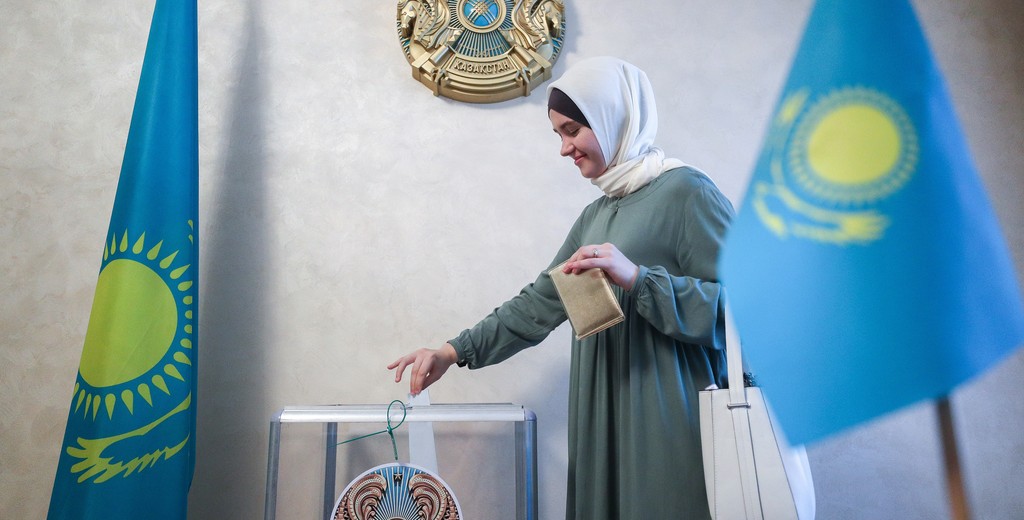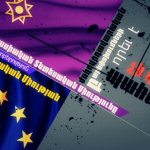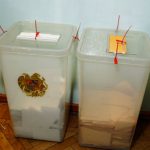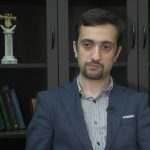- 11 June, 2019
- Elections

Presidential election in Kazakhstan on June 9 testifies to the deep crisis of democracy in that country.
After Nursultan Nazarbaev resigned on March 19 after ruling Kazakhstan for 30 years, his teammate Kassym-Jomart Tokayev assumed president’s powers. He was elected president of Kazakhstan in June 9 elections without any competition (receiving 70 percent of votes).
Why was the election non-competitive?
Seven candidates competed on June 9 election in Kazakhstan. They were: Kassym-Jomart Tokayev from the ruling party, Daniya Yespayeva from the parliamentary Ak Zhol Party (5.05%), Zhambyl Akhmetbekov from the Communist People’s Party of Kazakhstan (1.82%), Sadibek Tugel, Vice President of the National Equestrian Sports Federation (0.92%), Amangeldy Taspikhov, Head of the Kazakh Federation of Trade Unions (1.98%), Toleutai Rakhimbekov from extra-parliamentary Auyl Party (3.04%) and Amirzan Kosanov, representative of “Ult Tagdyry” patriotic movement (16․23%).
It should be noted that domestic political processes have almost been absent in Kazakhstan for many years. Nursultan Nazarbaev’s Nur Otan Party (newly elected president is also member of that party) received 80 percent of votes in 2016 parliamentary elections. The other political forces represented in parliament, namely, Ak Zhol Party and the Communist People’s Party of Kazakhstan are largely faithful to the majority.
Besides, it should be noted that election on June 9 was boycotted by opposition forces. Though Kosanov, who received the second largest number of votes, presents himself as an opposition figure, he does not enjoy the support of the other opposition forces and is considered a candidate “allowed” by the authorities.
It is also noteworthy that in Kazakhstan one cannot run for president independently, and should be nominated by a party or non-governmental organization. Moreover, the procedure for registering a party in Kazakhstan is extremely complicated, which in practice makes it impossible for new politicians to appear in the political arena.
What do the observers say?
The CIS and the OSCE have conducted observation missions in Kazakhstan during the presidential election, issuing completely different statements. Head of CIS observer mission Sergey Lebedev stated: “The elections were held in accordance with the Constitution and the laws of Kazakhstan, as well as in line with the principle of democratic elections, i.e. they were free, fair, open, transparent and competitive.”
Meanwhile, Margareta Kiener Nellen, head of the OSCE observation mission, told journalists that the elections in Kazakhstan were accompanied by widespread arrests of activists and journalists. Moreover, according to Georgi Tsereteli, Coordinator of the OSCE short-term observation mission, one of the most important problems of the Kazakh electoral system is the registration and nomination of candidates. According to Tsereteli, the elections showed that Kazakhstan needs real political, social and legal reforms.
In conclusion, we can state that the resignation of Nursultan Nazarbayev after the 30-year rule did not have any positive impact on democracy in Kazakhstan, and the change in that country was just a transfer of power.
Vahe Ghukasyan
Union of Informed Citizens


 Հայ
Հայ Рус
Рус


